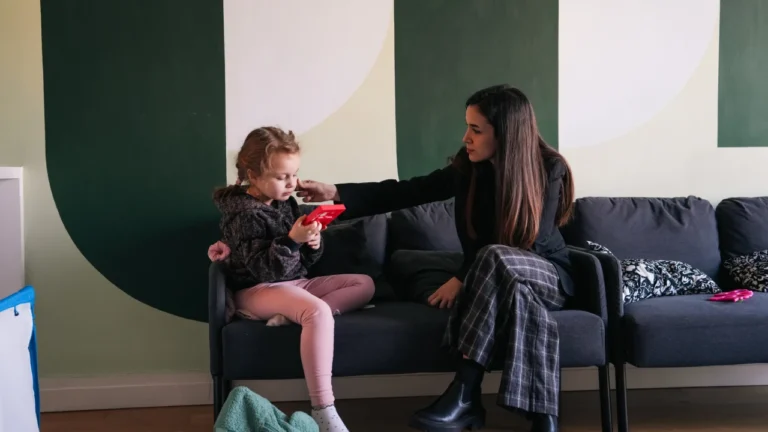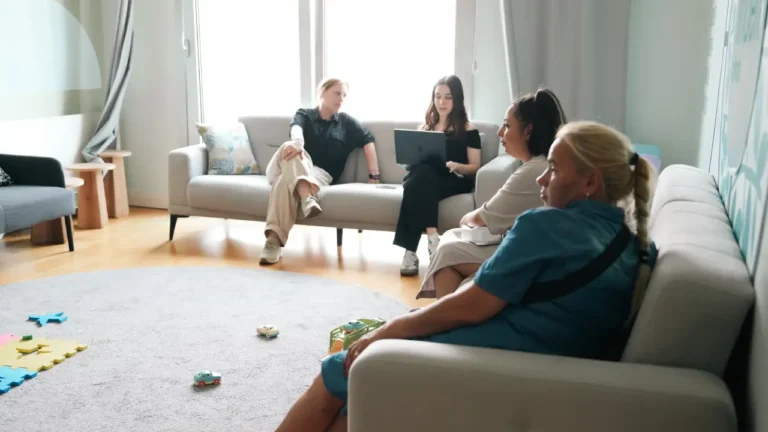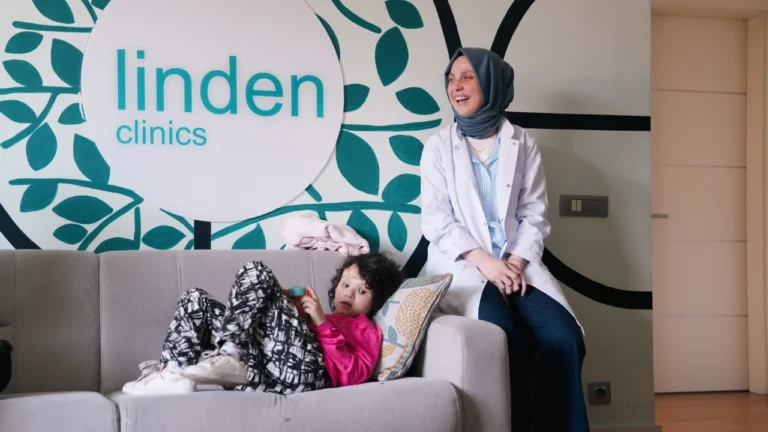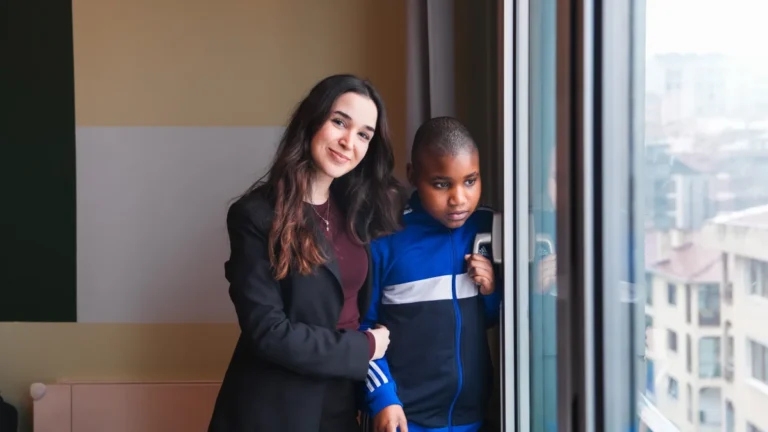The Best Fluffy Pancakes recipe you will fall in love with. Full of tips and tricks to help you make the best pancakes.
Table of Contents
Introduction: Supporting Every Member of the Family
When a child is diagnosed with autism spectrum disorder (ASD), it naturally touches the lives of the whole family. Supporting siblings and nurturing positive family dynamics are important parts of creating a loving, balanced environment where everyone can flourish.
Many families exploring stem cell therapy for autism also look for holistic approaches that consider the feelings and needs of siblings and caregivers, recognizing that every family member plays a valuable role.
Understanding the Experience of Siblings
Siblings of children with autism may experience a wide range of feelings—love, pride, curiosity, and sometimes uncertainty. These feelings are completely natural and reflect their unique role within the family.
Ways to Support Siblings:
- Encourage open and honest conversations about their feelings.
- Include siblings in family activities and celebrations.
- Provide age-appropriate information about autism to foster understanding.
Studies show that when siblings feel supported and included, they often develop strong bonds and positive coping skills.
Fostering Healthy Family Dynamics
A warm and supportive family environment benefits every member. When families focus on understanding and cooperation, it creates a foundation that supports both the child with autism and their siblings.
Helpful Strategies:
- Family counseling or support groups when needed.
- Balancing attention so every child feels valued.
- Encouraging kindness and teamwork within the family.
Many therapists recommend involving siblings in conversations about therapies, including options like stem cell therapy, to build shared understanding and support.
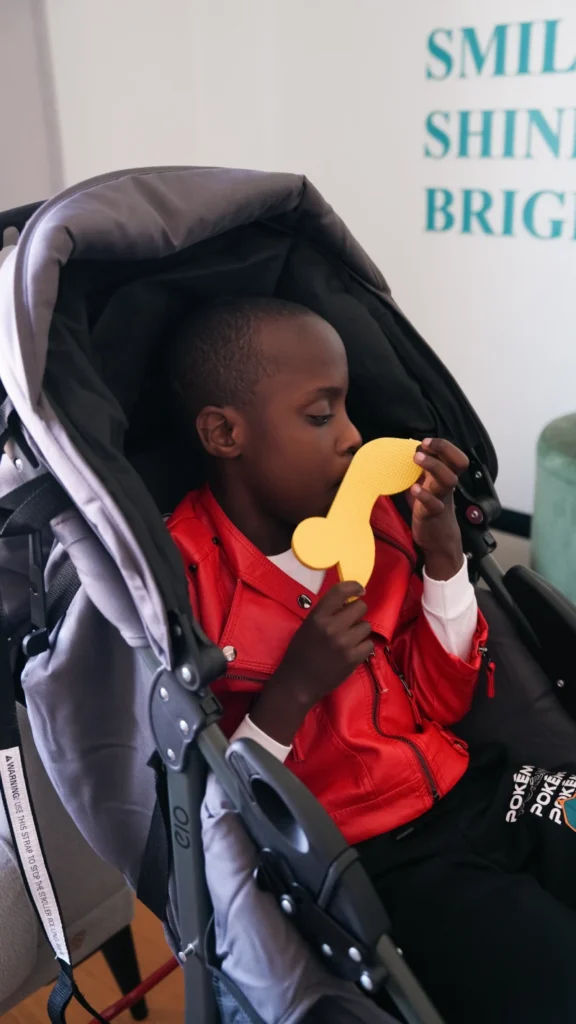
The Positive Impact of Stem Cell Therapy on Families
Stem cell therapy for autism primarily supports the child’s neurological health, but its positive effects often resonate throughout the family.
What Families Notice:
- Improved communication and social engagement in the child with autism.
- Increased opportunities for siblings to connect and enjoy shared activities.
- Greater family harmony and optimism.
Expert Views on Family-Centered Care
Dr. Emily Carter, a pediatric psychologist, emphasizes:
“Supporting siblings and caregivers strengthens the entire family. Therapies, including stem cell treatments, are most effective when the whole family feels involved and supported.”
Summary: Building Strength Together
Supporting siblings and fostering a nurturing family environment helps every member feel valued and connected. Combining this with therapies like stem cell treatment offers hope and progress in autism care.
Families considering stem cell therapy should seek clinics that provide comprehensive care, addressing the needs of the whole family.
Frequently Asked Questions (FAQ)
How can parents best support siblings of children with autism?
By encouraging open communication, providing information, and making sure siblings feel loved and heard.
Does stem cell therapy help improve family relationships?
Positive changes in the child with autism can enhance family interactions and reduce stress.
Are there resources for siblings?
Yes, there are many support groups and educational programs designed especially for siblings.
How do I find a stem cell clinic that supports family needs?
Choose clinics that focus on family-inclusive care and have transparent information about their therapies.
Can family counseling help us?
Definitely. Counseling supports open dialogue and strengthens family bonds.

